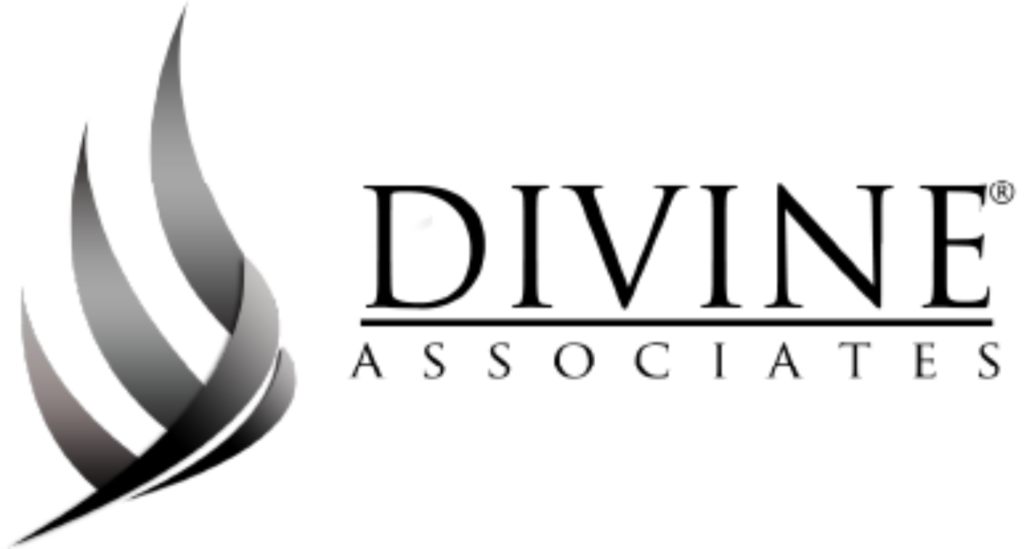Austria is a very modest country in Europe, but it’s also one of the most ostentatious and stable in the EU. It has historically served as the focal point of East-West relations due to its location in the heart of Europe.
With a population of about 8.5 million, more than 90% of people living in Austria are native to the country; the remaining 10% are mostly foreigners from Germany, Croatia, Serbia and Montenegro, Turkey, and Bosnia-Herzegovina. With 98% of the population speaking German or its vernacular, Austria is the only country other than Germany where German is the official language. German speakers may easily distinguish between Austrian and German, with the former sounding “gentler.” The Slavic minority of Austria speaks Slovenian and Croatian as their mother tongue. They are primarily located in the country’s south and east.
Many adhere to “baptismal testament Catholicism,” which is defined as being strictly conventionally Catholic but not necessarily Catholic in their views on certain local matters. Protestantism is another important faith in Austria, and many foreign workers are either Muslim or Serbian Orthodox. Additionally, you will find a small Jewish community in Austria. They are primarily immigrants from World War II. Austria, one of the wealthiest and most stable EU members, provides the perfect environment for its financial specialists. By taking into account the more vulnerable citizenry, the Austrian financial framework can be depicted as an unfettered economy with strong social concentration. Austria also has a tried-and-true system of social and financial organization, which has often played a strong and balancing role in value and reward methods.
Austria is a well-developed industrialized country with a sizable assistance sector. The primary businesses include food and luxury goods, steel and mechanical design, synthetic materials, and automobile fabrication.
Regarding raw materials and energy production, Austria has a wealth of resources at its disposal. Iron metal, non-ferrous metals, important minerals, and earth are among its regular resources. However, the steady advancement of the mechanical field increasingly necessitates favorable imports. This also applies to energy assets, energizers, and the power generation sector. Austria possesses its own reserves of combustible gas and oil. Austria is the leader in the European Union when it comes to hydroelectric power, as its age is constantly being extended.
The majority of medium-sized businesses in Austria represent the country’s contemporary and business sectors. Austrian industry encompasses all aspects of assembly, from basic supplies to the labor-intensive production of specially handled goods. An unstoppably large offer is being made up of the development of plants and frameworks, which includes the planning, delivering, and assembling of turn-key creation offices, including the required expertise and operational capacity. This industry is categorically a trade sector, similar to the electronics industry (including, for instance, integrated circuit development).
